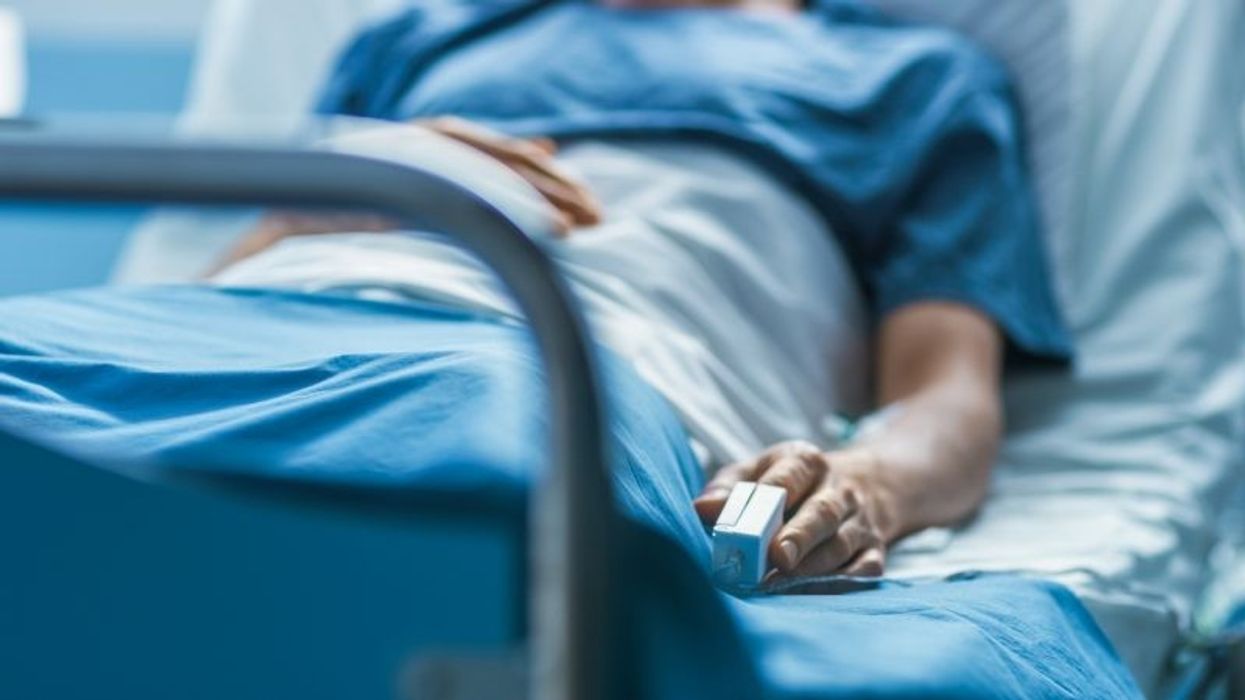P D HINDUJA Hospital & MRC recently introduced ‘FDG labeled Leukocyte PET-CT scan’ for early detection of infection in occult & difficult cases and currently, it is the only hospital in Mumbai in the state of Maharashtra and entire western India to offer such a medical facility.
According to a press statement released on Wednesday (29), while routinely performed scans using high-resolution imaging modalities are useful in various aspects and give answers in most cases, detection of infection may be difficult in some challenging cases where clinical dilemma is still not sorted.
‘FDG Labelled Leukocyte PET-CT scan’ imaging procedure has higher specificity whilst maintaining high sensitivity and resolution, and has functional + anatomical information, and can easily be a whole body survey wherever required, so higher yield to diagnose/detect more accurately, and can even be performed in patients where the conventional imaging modalities are not possible, making this scan a powerful tool in the clinical setting, the statement said.
“This different kind of technically advanced high-resolution ‘FDG labeled leukocyte PET-CT scan’ is an important tool to assist doctors in challenging cases of suspected infection, and aids towards better treatment management,” said Dr Natasha Singh, consultant & head of Nuclear Medicine & PET-CT at PD Hinduja Hospital & MRC.
“It is superior in some clinical applications as compared to other advanced infection imaging modalities, and has been found to be particularly useful in peri-prosthetic or orthopedic implant infections, occult infection, diabetic foot, Charcot joint, etc. It is also a safe procedure even in patients with kidney dysfunction where contrast-enhanced CT and MRI studies are contraindicated,” she added.
Gautam Khanna, chief executive officer, PD Hinduja Hospital & MRC, said, “It is a new-age method that has made it possible to detect early signs of infections in complex and tough-to-detect cases. ‘FDG labeled Leukocyte PET-CT scan’ is superior in some clinical applications as compared to other advanced infection imaging modalities. We at PD Hinduja Hospital constantly strive to provide quality patient care with the use of the latest Global Technology and are extremely excited to be the first hospital in Mumbai and Western India to provide this scan.”




